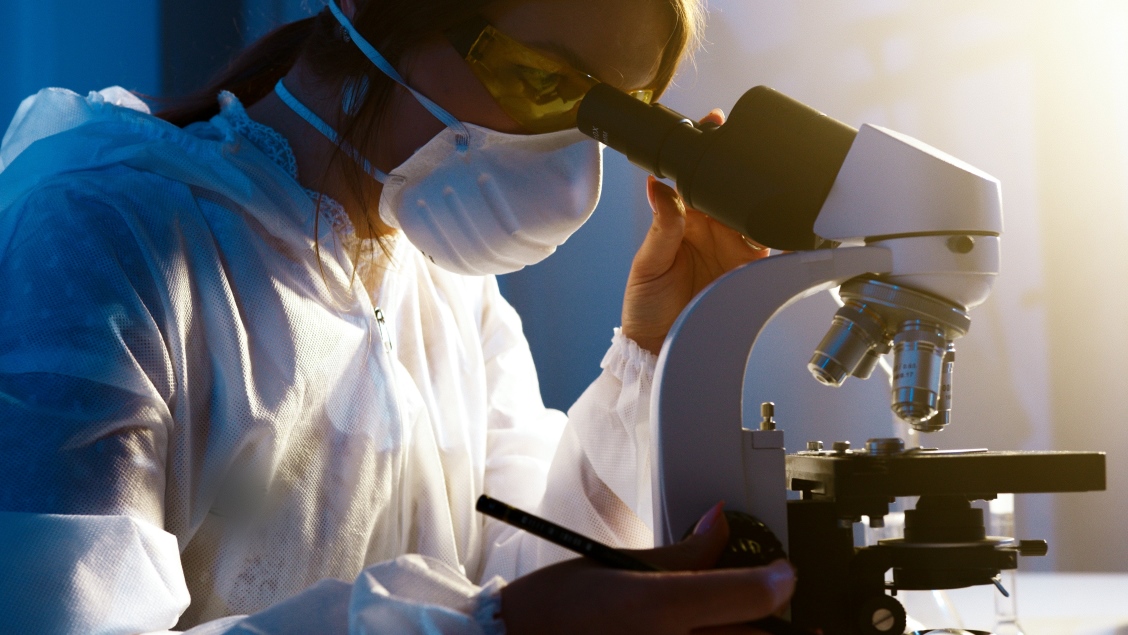
Women in Science—A Reflection from 5 Researchers
To celebrate women in science, we asked five female scientists from our top MDPI journals (Energies, Materials, Water, Remote Sensing, Sensors) what it is like to be researchers in their fields. We asked them to reflect on their experiences, what motivated them to become researchers and their advice for aspiring female researchers.
Interviewing women in science
Here are the five women we will be speaking to today:
- Prof. Dr. Helena M. Ramos—Department of Civil Engineering, University of Lisbon, Portugal. She is an EBM for Water.
- Prof. Dr. ir. Lise Appels—Department of Chemical Engineering, Process and Environmental Technology Lab, KU Leuven, Belgium. She is an EBM for Energies.
- Prof. Dr. Maryam Tabrizian—Department of Biomedical Engineering, McGill University, Canada. She is an EBM for Materials.
- Dr. Karen Joyce—College of Science and Engineering, James Cook University, Australia. She is an EBM for Remote Sensing.
- Prof. Dr. Galina V. Kurlyandskaya—Department of Electricity and Electronics, University of Basque Country UPV-EHU, Spain. She is an EBM for Sensors.
What inspired you to become a researcher and what motivates you to keep going?
Dr. Ramos: What really motivated and inspired me were several circumstances and factors, namely the subject/content/materials that were taught to me, as well as those who taught me. There are teachers/professors who have motivated and aroused my interest, taught me to come up with new ideas, and provided me with access to, and encouraged interaction with, older colleagues and experts, allowing me to improve my own research background.
This awakened my curiosity, and made me want to learn more and more. In addition, the way in which we solve problems, and having targets and goals, sometimes with inherent difficulties and short deadlines, have also proven to be important. By mentoring and coaching young people and students, we can come up with new ideas and methods of observation together, come up with creative thoughts to improve design projects or solutions, or make something new by analysing complex problems, in order to draw clear, new and simple conclusions at the end.
Creating a research team
I managed to create my own research team at IST, at my university, in my research centre CERIS, with more than 20 students. In this period, students came and went in a constant and dynamic rotation. This helped us to renew our ways of thinking and working, increasing our flexibility and adaptation to each young researcher, leading a successful team towards the integration of different knowledge components, for better sustainability in terms of research and engineering applications.
It is also very important to note that innovative research allows us to pursue our ideas or interests and teaches us how to apply our knowledge, in order to learn something new, to refine our problem-solving skills and to challenge ourselves in new ways, and using different methods and techniques. For me, water is essential in different types of applications, and when put together with energy, inspires new ideas and paradigms towards a more safe and sustainable future. Accordingly, getting involved with such a research-driven and creative team also means that one can acquire hands-on experience in completing interesting investigations or creative projects. All of these factors provide a sufficient number of reasons to give us encouragement and enthusiasm to move forward with a view to tackle future challenges.
Aspirations and beliefs
Dr. Appels: My aspiration is to research and contribute to the renewable energy—circular economy nexus.
Dr. Tabrizian: I believe that teachers and educators at secondary schools or high schools play an important role in inspiring their students to pursue a post-secondary and graduate degree. Very often, even one teacher can make the difference. This was actually my case. For sure, the individual student and his or her desire, motivation and keenness to push the limits are also very important. If you have these two, you are on the right track!
Dr. Joyce: When I started university, I was never really sure what job I wanted to do when I finished studying. I enjoyed science, and liked being outdoors, so geography was a natural fit for me. I also wanted to spend time on the Great Barrier Reef, so I purposefully studied classes that included fieldwork on the reef! Also, I soon discovered remote sensing, and as I had always enjoyed photography, it immediately piqued my interest.
I then realised that the best remote sensing also requires fieldwork, and that someday I could actually get paid to go SCUBA diving and snorkelling on coral reefs around the world while making maps from satellites. So, it definitely was not a long-term strategic plan for me, but it evolved through my studies, and I continue to love the field of science and research that I chose. There’s always something new to learn, and it is never short of exciting challenges.
What challenges have you faced in your academic and scientific endeavours as women in science? Are the same challenges experienced by both female and male researchers?
Dr. Ramos: I have faced many big challenges, but the most important ones were the development of academic theses (MSc and PhD, in particular) at different timings, where the need to present innovative components, useful for engineering practice, with technical, economic, environment and societal components, were crucial to achieve success. At this time, I was very young, without too much experience, but I was driven to be curious, dynamic, interested and wanted to learn more.
Then come the scientific publications, new books, supervision of research work, with technical and investigation modules that contribute to improving people’s lives, both in terms of design, behavioural forecasting events and the safety of infrastructures, as well as in creating better solutions for the environment and the quality of life for all. For those reasons, it was necessary to be knowledgeable about applied sciences, and about the mathematics and physics essential for engineering projects, to develop simulation models, complex advances and correlation analyses. It was not always easy to succeed in a sector where the majority are men, and we are forced to make use of our competence, hard work, flexibility, and ability to adapt to the highest level possible, showing our abilities and skills to be equal to, or greater than, those of our peers.
Funding and balancing life
Dr. Appels: The biggest challenge is to acquire research funding. I think this is not related to gender…
Dr. Tabrizian: I believe that being in academia, no matter the sex, gender or origin, is very challenging, as you are always exchanging with talented colleagues and students in your class and in your research as well as with your peers and scientific community. What makes the situation more challenging for females in academia, is to find an equilibrium between their life as a mother and as a successful academic. When I started my career in academia, I felt that I needed to work much harder than my male colleagues to gain equal creditability as a scientist. However, this situation has significantly improved and continues to improve!
What is the most exciting thing about your work? Or what kind of impact would bring you great satisfaction in your work?
Dr. Ramos: The greatest impact is related to the results achieved and the type of contributions made. Being able to find a balance between researching, teaching, developing and applying, both in my personal and professional life, with recognitions that have been demonstrated several times from my peers and my students, has given me enormous satisfaction in terms of personal and professional achievements.
Experience
Having written more than 400 publications, with 7 books, several international research projects, and supervised several MSc and PhD theses, I am still feeling the enthusiastic dynamics associated with professional life, with enough strength to transmit my passion and support to the young students and researchers, the constant desire to learn and go further each time, with each idea, or with each publication. This induces an enormous satisfaction for someone who feels active and keeps track of what we have to do to proceed. I never imagined following this path (as a university professor/researcher), but the ability to adapt to each time and circumstance, even the simplest, has made everything a great challenge and a goal to be reached. It is not worth creating too many expectations or specific imaginary ideals, because everything is very dynamic and needs constant revisions and adaptations in order to be able to evolve.
What is needed is to gain a perception into what we do and how we feel that nothing is ultimate or ended, because everyone can do more and do better, and this will make all the difference when it comes to attaining new levels of knowledge or results. Another important issue is the need to be rigorous in each carrier, but do not waste too much time in searching for perfection, because it does not exist at the final stage either. This is because there is always a specific time and moment to develop each component, otherwise the time and the innovation or opportunity to make a difference will be gone and little to nothing will have been achieved.
Next generation in science
Dr. Tabrizian: I like this question very much! Training the next generation of talented individuals has been, and is, the most exciting outcome of my career. I am amazed when observing how young and motivated individuals, particularly females, push their limits, and grow and develop their critical sets on minding.
Dr. Joyce: I am most excited to work on my latest project—GeoNadir—which I believe exemplifies the next steps forward in my discipline and has potential to have an incredible impact around the world. GeoNadir is an online drone data repository built with FAIR principles (findable, accessible, interoperable, and reusable), where drone operators can collaborate with scientists to help protect our world’s most at-risk ecosystems. Creating something where thousands of people all around the world can use drone-based remote sensing for local to global impact brings me a great deal of satisfaction. I know that we can achieve great things when we all work together and GeoNadir is a fantastic way to facilitate that.
Dr. Kurlyandskaya: In 2003, I was awarded a five-year grant by Ramón and Cjal for the development of a magnetoimpedance magnetic biosensor, since this proposed concept was proven in many international labs and our results were further developed by other groups. The most interesting personal consequence of this research was that I had the chance to connect with purely multidisciplinary and multicultural research contacts, which I find to be highly valuable.
What changes do you think would benefit aspiring women in science?
Dr. Ramos: The change in each aspiring women scientist involves equal opportunities, because everyone, when properly stimulated, nurtured and supported, has enough intelligence to go further and can reach new levels of knowledge. Be confident in yourself. It just depends on chances and respect for gender equality. In the numerous research projects that I have been participated in, they demand gender equality, which, to a certain extent, supports the choice of female partners too.
Dr. Appels: I think a big help would be to substantially support women during maternity leave, since it leaves a gap in your CV of not participating in research proposal calls, etc. This maternity leave is not taken into account enough, compared to the CVs of male scientists who do not have to leave their positions for a few months when applying for funding or academic positions.
Minority groups
Dr. Joyce: In the words of Sarah Grimké, more recently paraphrased and made famous by Ruth Bader Ginsburg in 1973 and in the film ‘RBG’ (2018): “I ask no favour for my sex. All I ask of our brethren is that they take their feet off our necks”.
What does this mean for women and other minority groups in science? It means that those with privilege need to move over and make space. It doesn’t matter how many programs support the empowerment of minoritized groups when systemic biases (both conscious and unconscious) retain the structures and belief systems that cause discrimination in the first place.
I say this as I recognise my own considerable privilege. I am white, cisgender, able-bodied, English speaking, and well educated. Yes, I have faced—and continue to face—challenges as a woman in a diversity-deficient discipline that favours the white male normative, and unfortunately has many gatekeepers that do not necessarily always act in the best interest of science and society.
So, my continuing challenge is to conduct and advocate for science that is diverse and inclusive, as I believe that this is the only way to achieve the most creative, innovative, and effective solutions to some of the world’s largest problems. I call on other scientists to recognise their own privilege and be part of the change as active allies in the drive for a more diverse and inclusive future scientific workforce.
What would you say to girls in school who may be considering becoming researchers?
Dr. Ramos: Young women or girls should be attentive to current developments towards a near future and how they can plan for their forthcoming too, trying to be independent, believing in their abilities, always showing their skills and doing their best in everything they do. Only then can they go any further. Love what you do, believe in yourself and excel in rigor and competence. Nowadays, the contents, methodologies, techniques or materials are not even distinguished for men or for women, because as long as they have expertise and interest, anyone can do anything or reach what and where they wish.
Dr. Tabrizian: Believe or not, this is the best thing that can happen to you!
Dr. Kurlyandskaya: I always share the following idea with my students. If you enjoy asking nature questions about her secrets and enjoy receiving corresponding answers even more, then science is the place for you, it’s as simple as that.
Women in science
Celebrating and recognising the hard work of women in science is hugely important. On the MDPI Blog, we have many articles on women in science and other related topics, click here for more.
Related posts
2 Comments
Comments are closed.

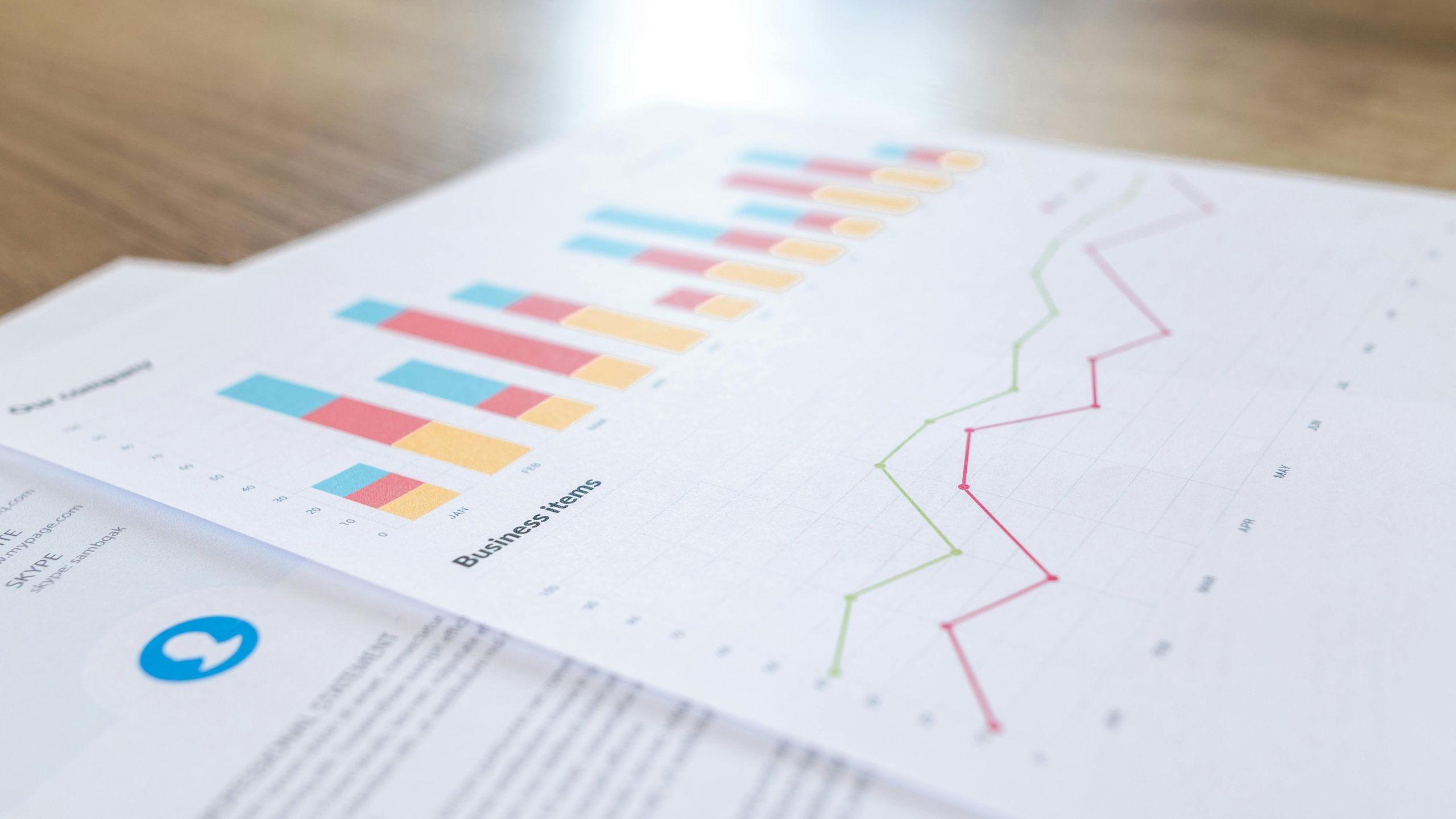
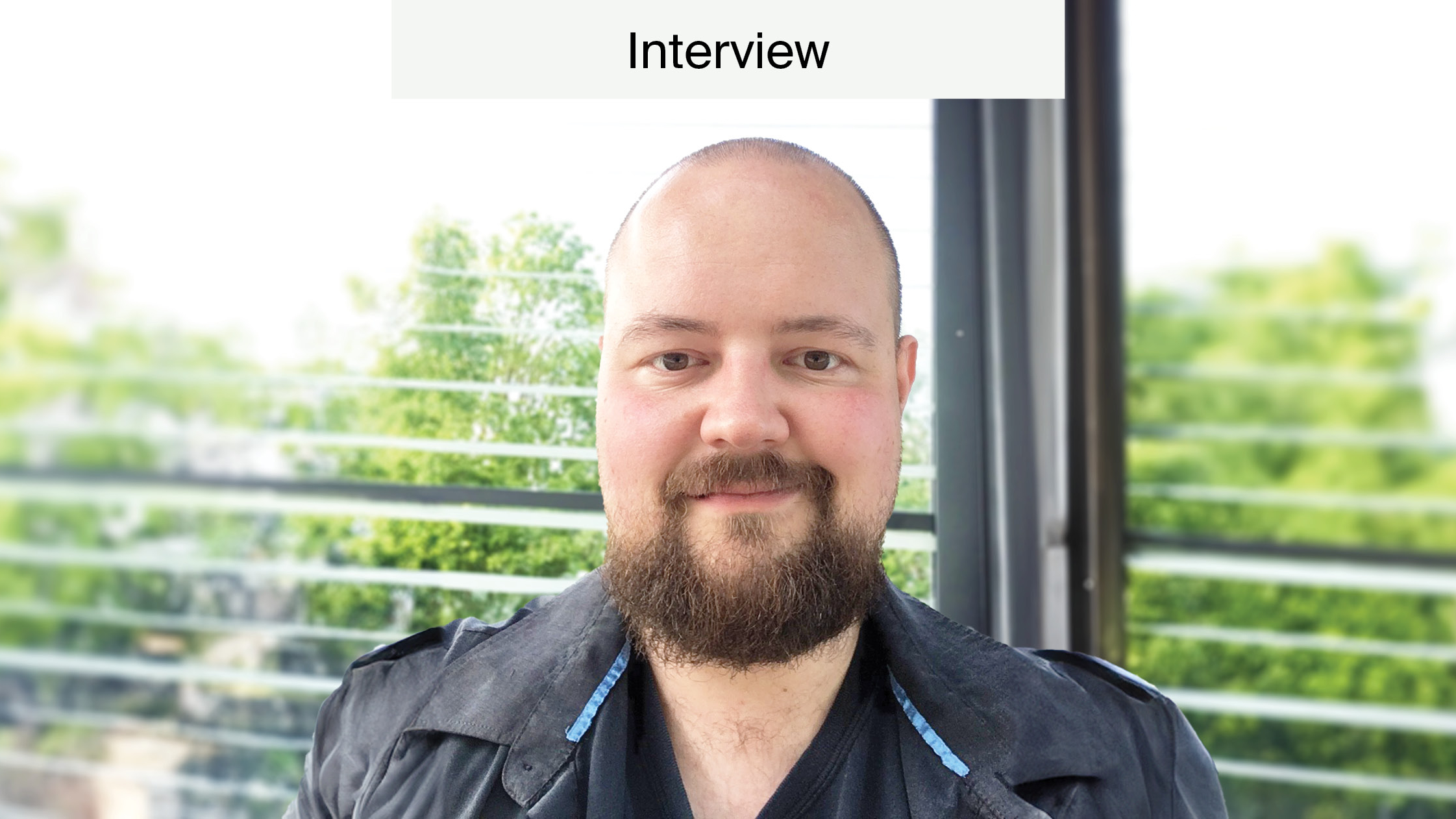

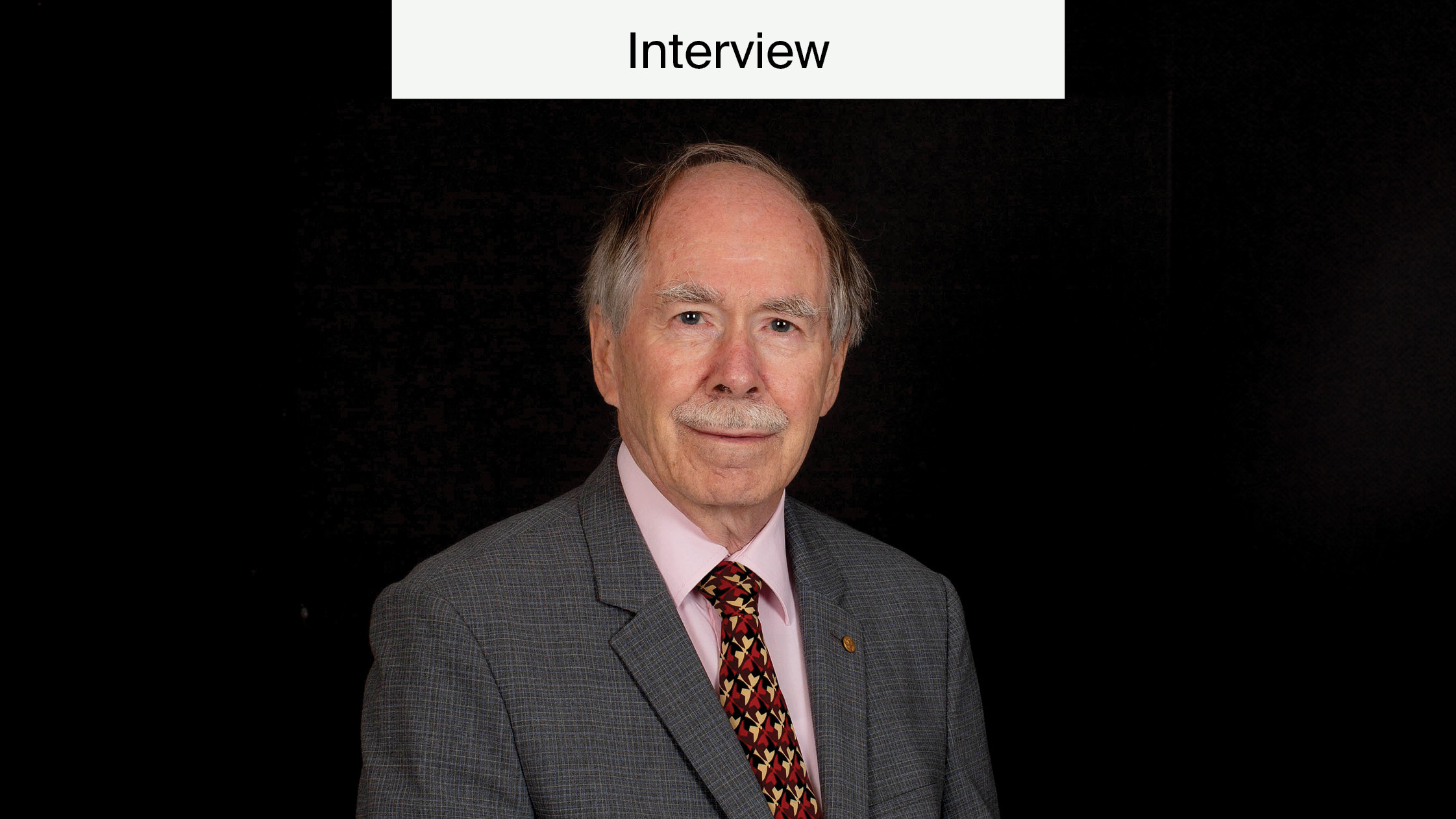
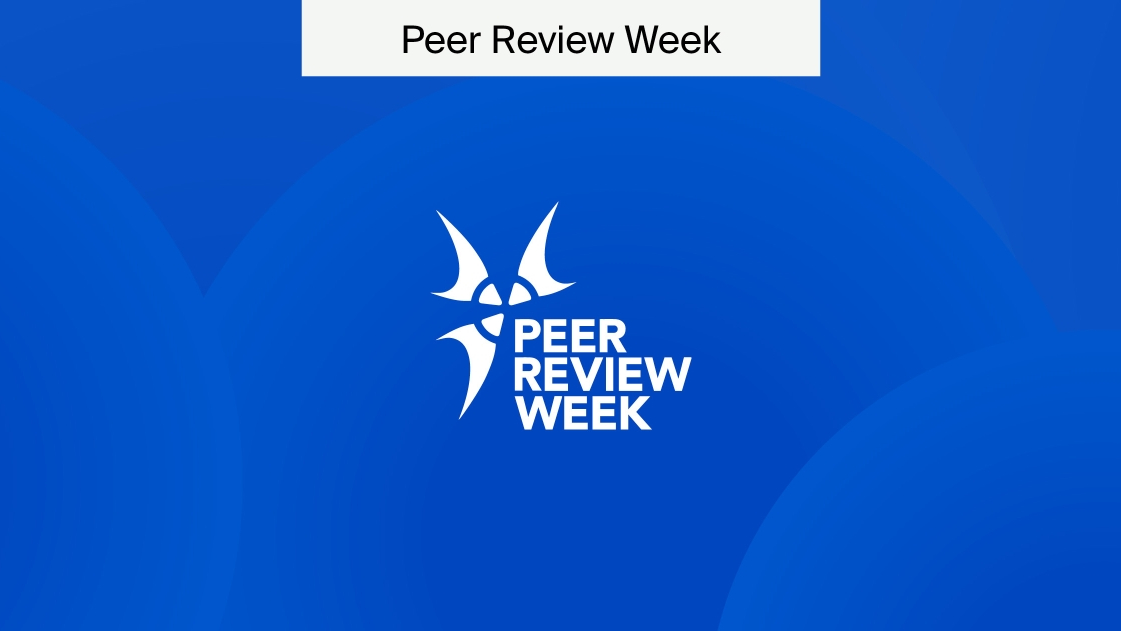
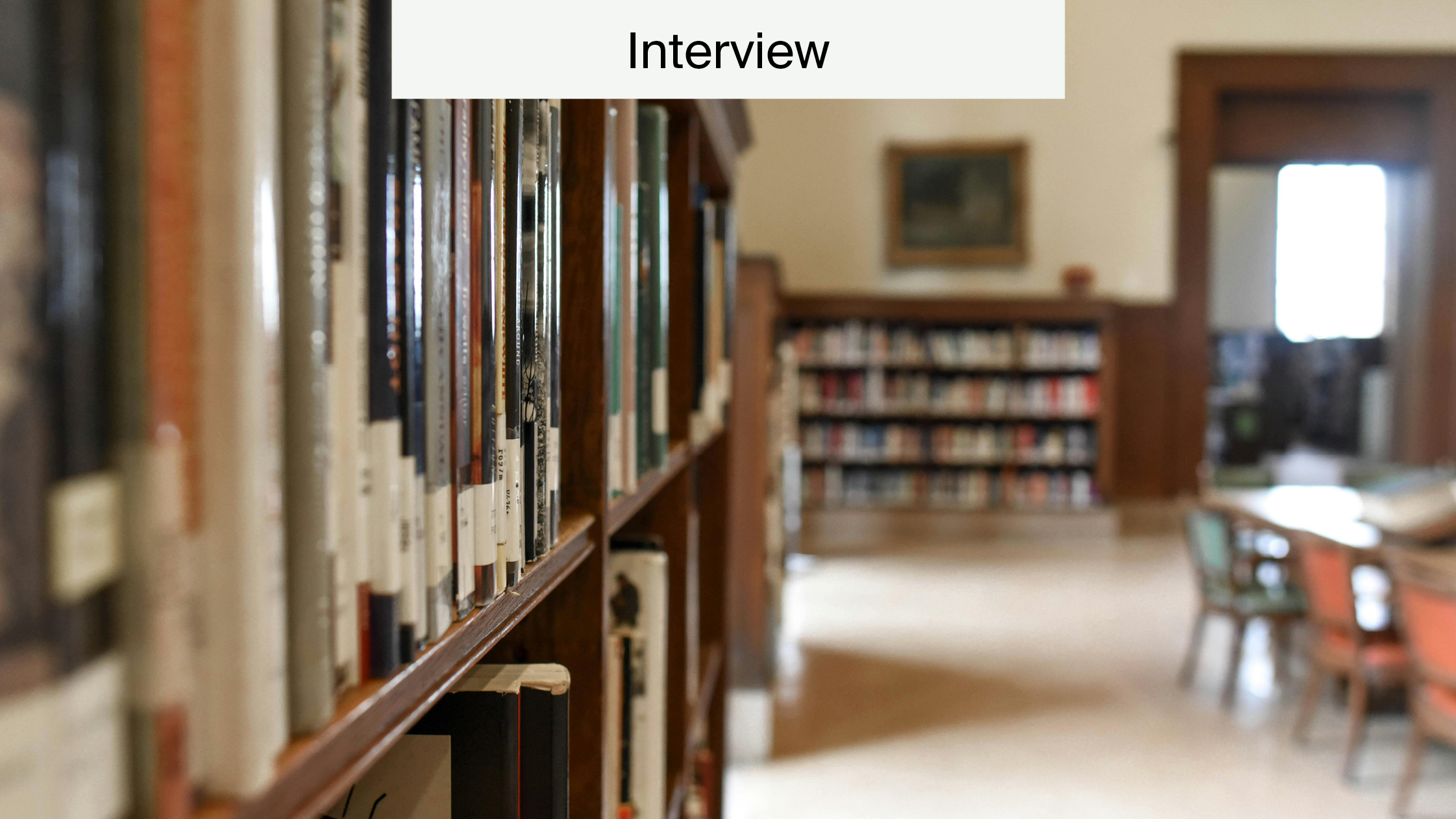
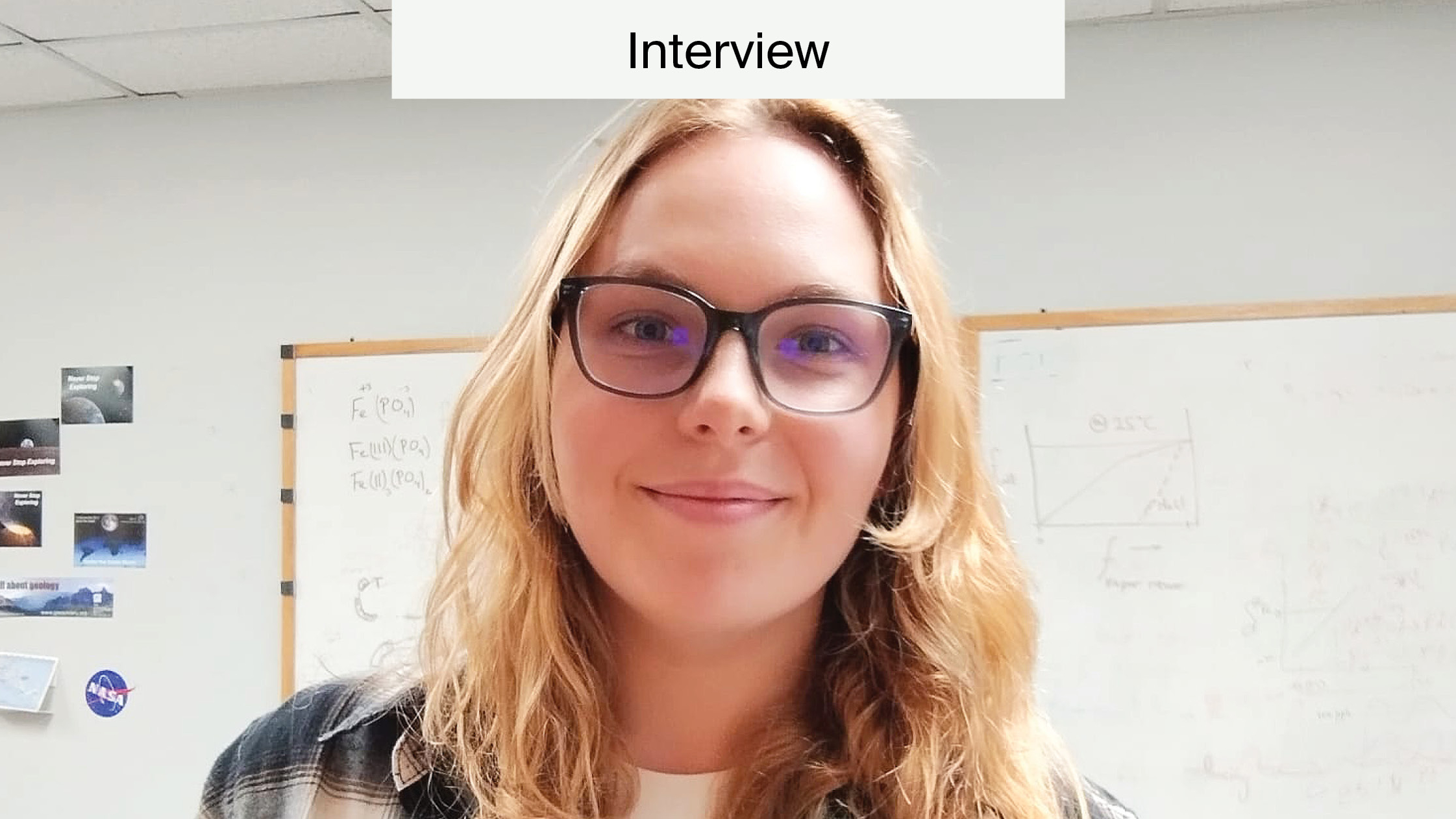

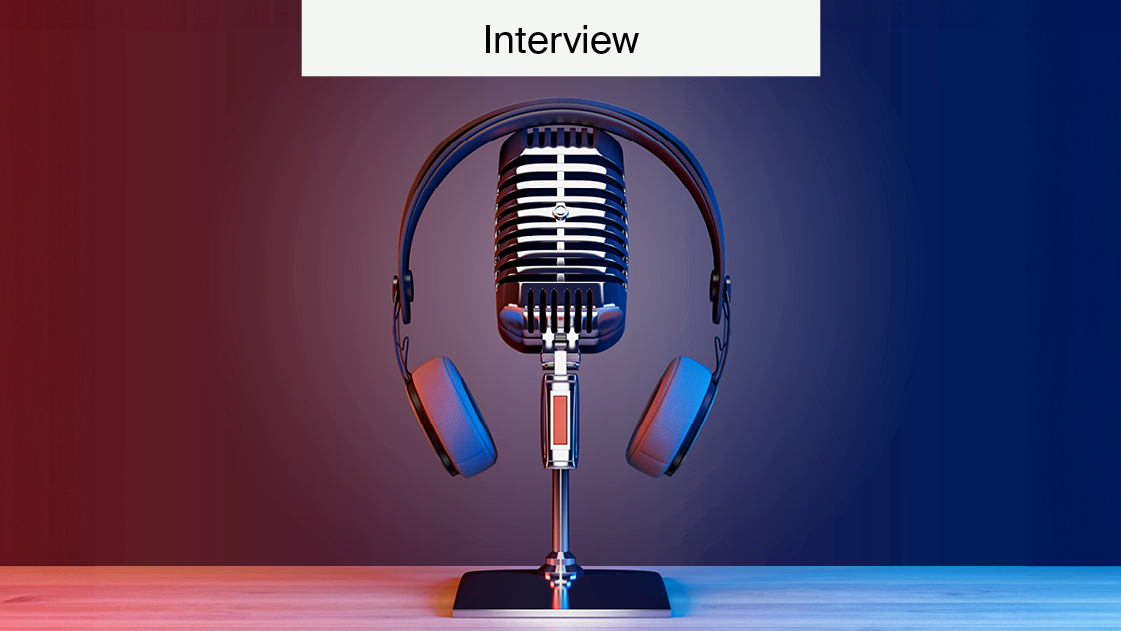

can my papers be published in civil engineering?
Hello! Yes, we do publish articles in civil engineering. See for example the section of Applied Sciences on this topic: https://www.mdpi.com/journal/applsci/sections/civil_engineering
Best regards,
Facundo